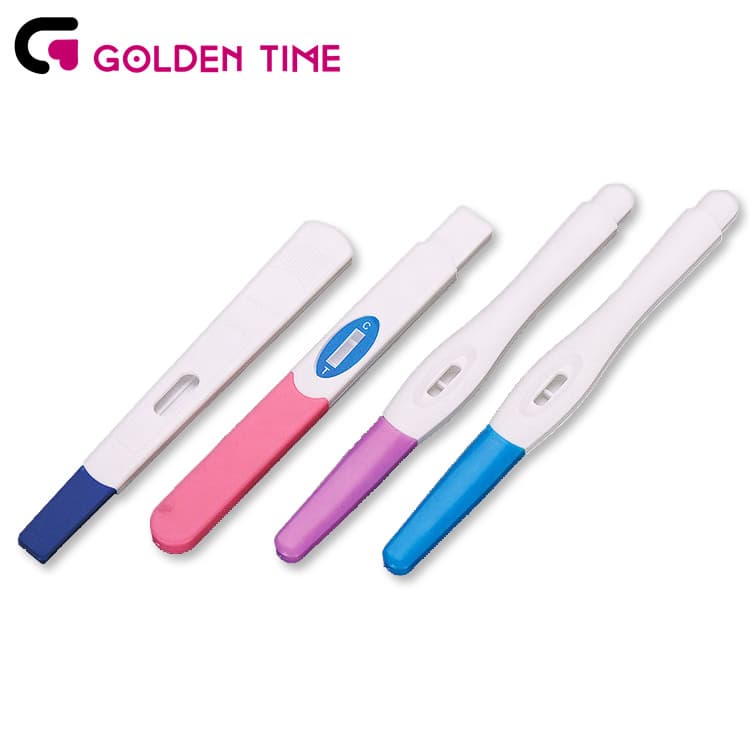Dec . 15, 2024 10:33 Back to list
Dengue Diagnostic Tests Evaluating Performance and Implementation in Healthcare Settings
Understanding Diagnostic Tests for Dengue Key Insights for Factories
Dengue fever, a mosquito-borne viral infection, poses a significant health risk in tropical and subtropical regions. With its potential to cause severe illness, early and accurate diagnosis is critical for effective management and treatment. In the context of factories, particularly those operating in areas prone to dengue outbreaks, understanding and implementing diagnostic tests for dengue can not only protect employee health but also ensure operational efficiency.
Dengue is caused by the dengue virus, which is transmitted through the bites of infected Aedes mosquitoes, primarily Aedes aegypti. Symptoms usually appear 4 to 10 days after the mosquito bite and can include high fever, severe headaches, pain behind the eyes, joint and muscle pain, skin rash, and mild bleeding. In severe cases, dengue can lead to dengue hemorrhagic fever or dengue shock syndrome, both of which can be fatal.
Understanding Diagnostic Tests for Dengue Key Insights for Factories
1. RT-PCR Testing The Reverse Transcription Polymerase Chain Reaction (RT-PCR) test is the gold standard for diagnosing acute dengue infection. It detects viral RNA in the blood during the early phase of the infection when the virus is present in high quantities. Its high sensitivity and specificity make it the preferred method for confirming dengue in clinical settings. However, it requires specialized laboratory facilities and trained personnel, which may not be available in all factory settings.
diagnostic test for dengue factories

2. Serological Testing Serological tests, particularly enzyme-linked immunosorbent assays (ELISA), are used to detect antibodies produced in response to the dengue virus. These tests can identify IgM antibodies indicating recent infection and IgG antibodies suggesting previous infection. Serological tests are less expensive and can be performed in standard laboratories, making them more accessible for factories. However, they are not reliable for diagnosing acute dengue as antibodies may take several days to develop.
For factories situated in dengue-endemic areas, proactive measures should be taken to ensure the health and safety of employees. Regular health screenings and awareness about dengue symptoms are crucial. Implementing a systematic approach to diagnostic testing can help in early detection, allowing for swift action to isolate affected individuals and prevent outbreaks within the workforce.
Moreover, factories can collaborate with local health authorities or healthcare providers to establish onsite testing services. This would facilitate quicker diagnosis and treatment and potentially reduce downtime caused by employee illness. Factories could also consider training their health personnel on recognizing dengue symptoms and the operation of diagnostic tests, thereby fostering a culture of health awareness.
Preventive strategies are equally important. Factories should actively participate in vector control programs, which include measures like eliminating stagnant water, using insect repellent, and employing protective measures to reduce mosquito exposure among workers.
In conclusion, understanding and implementing effective diagnostic testing for dengue within factories is paramount for safeguarding employee health and maintaining productivity. With the right interventions and partnerships, factories can significantly mitigate the impact of dengue, empowering their workforce and ensuring a healthier workplace. As we strive toward a more robust workplace health culture, proactive dengue testing should be an essential component of occupational health strategies in endemic regions.
-
China Nylon Flocking Swabs - AI Enhanced Quality Collectors
NewsAug.03,2025
-
Highly Accurate hCG Pregnancy Test Strips - 5 Min Results
NewsAug.02,2025
-
Premium Empty ABS Plastic Cassettes: Durable & Lightweight Storage
NewsAug.01,2025
-
Accurate Cocaine (Coc) Rapid Test Kit | Fast & Reliable Detection
NewsJul.31,2025
-
Accurate HCG Pregnancy Test Strips | Fast Home Use Kit
NewsJul.31,2025
-
Reliable Early Pregnancy Test Kit Supplier - Multi Plastic Cassette Options
NewsJul.30,2025

